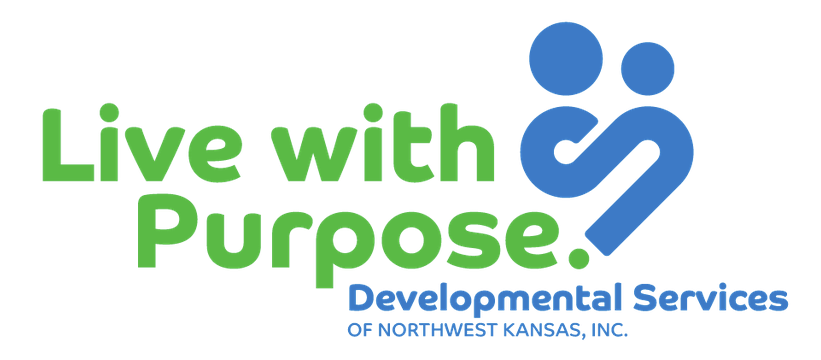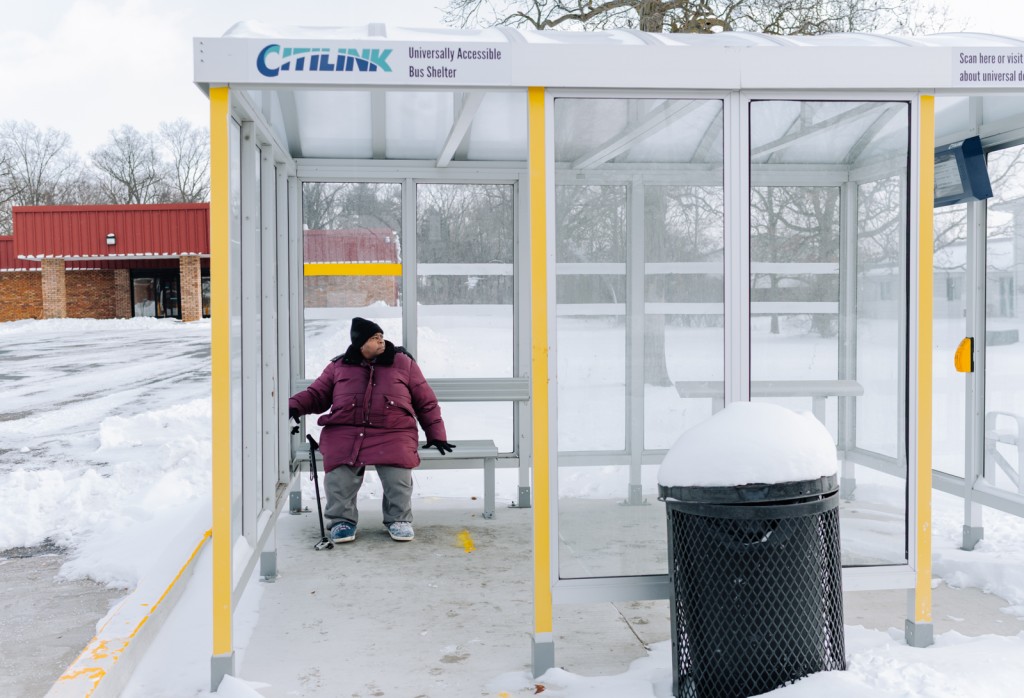Knowledge Is Public Infrastructure. And America Cannot Survive Without It. – San Marcos Record

Report on the Erosion of Knowledge Infrastructure and its Implications for Sustainable Development Goals
Executive Summary
An analysis of contemporary political trends reveals a structural crisis threatening the integrity of knowledge-based institutions. This assault on expertise and evidence-based governance directly undermines the capacity to achieve the Sustainable Development Goals (SDGs). The systematic replacement of credentialed experts, suppression of scientific data, and political pressure on academic institutions represent a significant impediment to progress on public health (SDG 3), quality education (SDG 4), innovation (SDG 9), climate action (SDG 13), and the development of strong, accountable institutions (SDG 16). This report outlines the nature of this threat and proposes a legislative framework to rebuild and protect knowledge as a form of public infrastructure essential for sustainable development.
The Threat to Evidence-Based Governance and the 2030 Agenda
Systemic Weakening of Institutional Capacity
The current political environment is characterized by a deliberate attack on the machinery of truth and knowledge. This epistemic sabotage manifests in several ways that directly threaten the foundations of sustainable development:
- Erosion of Expertise in Governance: The replacement of credentialed experts in critical agencies with political loyalists compromises the state’s ability to address complex challenges. This directly contravenes the principles of SDG 16 (Peace, Justice, and Strong Institutions), which calls for effective, accountable, and inclusive institutions at all levels.
- Suppression of Scientific Data: When government agencies are pressured to withhold or alter data that contradicts a political narrative, the capacity for evidence-based policymaking is destroyed. This has severe consequences for SDG 3 (Good Health and Well-being), as seen in the questioning of vaccine efficacy, and for SDG 13 (Climate Action), where objective climate science is essential.
- Politicization of Education and Research: Pressure on universities and research bodies to align with political agendas stifles innovation and critical inquiry. This undermines SDG 4 (Quality Education) by compromising academic freedom and weakens SDG 9 (Industry, Innovation, and Infrastructure) by disrupting the research and development ecosystem.
A Proposed Framework: The Knowledge Infrastructure and Integrity Act
To counteract this decline and reinforce the national capacity to meet its SDG commitments, a legislative framework is proposed. This act is built on three pillars designed to treat knowledge as essential public infrastructure, thereby strengthening the institutional foundations required by SDG 16.
-
Expertise: Mandating Qualifications to Achieve SDG Targets
To ensure that governance is effective and evidence-based, minimum professional qualifications must be statutorily required for leadership roles in agencies critical to the SDGs.
- Secretary of Health and Human Services (SDG 3): Requires an advanced degree and extensive experience in public health, health administration, or a related clinical field.
- EPA Administrator (SDG 13, SDG 11): Requires advanced training in environmental science, engineering, or a related discipline.
- CDC Director (SDG 3): Requires medical or public health expertise with significant research or epidemiological experience.
-
Protection: Strengthening Accountability and Transparency per SDG 16
Federal experts and civil servants must be protected from political retaliation to ensure the free flow of accurate information. This pillar strengthens institutional integrity and accountability.
- Codify Protected Speech: Disagreement over data, publication of peer-reviewed research, and truthful testimony to Congress must be legally protected for federal scientists and analysts.
- Reinforce Civil Service Protections: Key scientific and analytic roles should be defined in statute as protected merit positions, with a fast-track, confidential review process for retaliation complaints and an independent ombudsman to ensure enforcement.
-
Independence: Fostering Innovation and Education (SDG 4 & SDG 9)
Academic freedom and research integrity must be insulated from political interference to foster the innovation and learning necessary for a sustainable future.
- Establish a Federal Baseline for Academic Freedom: Institutions receiving federal funds must be prohibited from disciplining faculty for lawful research and instruction, and federal agencies must be barred from weaponizing funding to silence scholarship.
- Insulate Long-Term Research: Multi-year federal research grants should be protected from arbitrary political revocation, ensuring the stability required for scientific progress that underpins all technology- and knowledge-driven SDGs.
Conclusion: Strong Institutions as the Bedrock of Sustainable Development
The assault on knowledge is an assault on the fundamental capacity of a nation to govern itself and achieve its development objectives. Without robust, independent, and expert-driven institutions, progress on the entire 2030 Agenda is jeopardized. Protecting the integrity of science, education, and public service is not a partisan issue but a prerequisite for building a sustainable, resilient, and free society. Rebuilding the nation’s knowledge infrastructure is essential for ensuring that governance is grounded in reality and capable of meeting the profound challenges of the 21st century, in alignment with the core principles of SDG 16.
Analysis of Sustainable Development Goals in the Article
1. Which SDGs are addressed or connected to the issues highlighted in the article?
The article highlights a crisis in governance where expertise and knowledge are being deliberately undermined. This connects to several Sustainable Development Goals (SDGs) that rely on evidence-based policymaking, strong institutions, public health, and education.
- SDG 16: Peace, Justice and Strong Institutions: This is the most central SDG addressed. The article describes a “structural crisis” and an “assault on the very machinery that produces truth,” which directly challenges the goal of building effective, accountable, and inclusive institutions. The proposed “Knowledge Infrastructure & Integrity Act” is a direct response to this, aiming to professionalize civil service, protect whistleblowers, and ensure government operates on merit rather than political favoritism.
- SDG 3: Good Health and Well-being: The article explicitly mentions the Secretary of Health and Human Services casting doubt on vaccine efficacy and the need for qualified leadership at the CDC and HHS. This directly impacts public health outcomes and the ability of institutions to manage health crises, which is a core component of SDG 3.
- SDG 4: Quality Education: The text discusses threats to academic freedom, with universities being pressured to seek “permission slips to teach” and research institutions losing funding for politically inconvenient inquiries. Protecting the integrity of higher education and research is fundamental to achieving quality education for all.
- SDG 13: Climate Action: While mentioned briefly, the article notes that punishing scientists allows for the control of the narrative on climate. This implies that the attack on expertise directly threatens the ability to address climate change with science-based policy, connecting the issue to SDG 13.
2. What specific targets under those SDGs can be identified based on the article’s content?
The article’s arguments and proposed solutions align with several specific SDG targets:
-
Target 16.6: Develop effective, accountable and transparent institutions at all levels.
- The entire article is a call to action to reverse the trend of replacing experts with political loyalists, thereby making institutions less effective and accountable. The proposal to establish minimum qualifications for agency leaders and strengthen civil service protections is a direct strategy to achieve this target.
-
Target 16.7: Ensure responsive, inclusive, participatory and representative decision-making at all levels.
- The article argues that a “misinformed population is an unfree population because they cannot chart their own course.” By protecting the creation and dissemination of knowledge, the public is better equipped to participate in decision-making, making it more responsive and representative of reality, not just a political narrative.
-
Target 16.10: Ensure public access to information and protect fundamental freedoms…
- The proposed protections for scientists’ speech, whistleblowers, and academic freedom are direct measures to safeguard fundamental freedoms. The attack on knowledge is framed as an attack on the public’s access to truthful information, which this target aims to protect.
-
Target 3.d: Strengthen the capacity of all countries… for early warning, risk reduction and management of national and global health risks.
- By advocating for qualified, expert leadership at health agencies like HHS and the CDC, the article addresses the need for strong institutional capacity to manage public health risks. Undermining these agencies with unqualified appointees directly weakens this capacity.
-
Target 4.7: By 2030, ensure that all learners acquire the knowledge and skills needed to promote sustainable development…
- The article’s defense of academic freedom and the integrity of research institutions is crucial for this target. When universities are pressured and funding is weaponized, their ability to provide learners with objective knowledge is compromised.
3. Are there any indicators mentioned or implied in the article that can be used to measure progress towards the identified targets?
The article implies several concrete indicators that could be used to measure progress in strengthening knowledge infrastructure and institutional integrity:
- Existence of statutory minimum qualifications for public office: Progress could be measured by the enactment of laws requiring baseline professional expertise for leadership roles in agencies like the HHS, EPA, and CDC, as explicitly proposed in the article.
- Strength of civil service and whistleblower protections: An indicator would be the implementation of the specific protections mentioned, such as prohibiting the mass reclassification of scientific roles, guaranteeing fast-track review for retaliation complaints, and establishing an independent ombudsman.
- Policies protecting academic freedom: Progress can be measured by the adoption of a “Federal Baseline for Academic Freedom” that prevents federal agencies from weaponizing funding and protects faculty from being disciplined for lawful research and instruction.
- Security of research funding: An indicator would be the number of multi-year federal grants revoked for political reasons. The article proposes making this impossible without documented misconduct, so a successful outcome would be a reduction of this number to zero.
- Qualifications of appointed officials: A direct indicator for Target 3.d would be tracking the percentage of appointed leaders in key health and science agencies who meet the professional qualifications outlined in the article (e.g., advanced degrees and relevant experience).
4. SDGs, Targets, and Indicators Table
| SDGs | Targets | Indicators (Implied or Mentioned in the Article) |
|---|---|---|
| SDG 16: Peace, Justice and Strong Institutions | 16.6: Develop effective, accountable and transparent institutions at all levels. |
|
| SDG 16: Peace, Justice and Strong Institutions | 16.10: Ensure public access to information and protect fundamental freedoms. |
|
| SDG 3: Good Health and Well-being | 3.d: Strengthen the capacity… for early warning, risk reduction and management of national and global health risks. |
|
| SDG 4: Quality Education | 4.7: Ensure that all learners acquire the knowledge and skills needed to promote sustainable development. |
|
Source: sanmarcosrecord.com
What is Your Reaction?
 Like
0
Like
0
 Dislike
0
Dislike
0
 Love
0
Love
0
 Funny
0
Funny
0
 Angry
0
Angry
0
 Sad
0
Sad
0
 Wow
0
Wow
0












































































